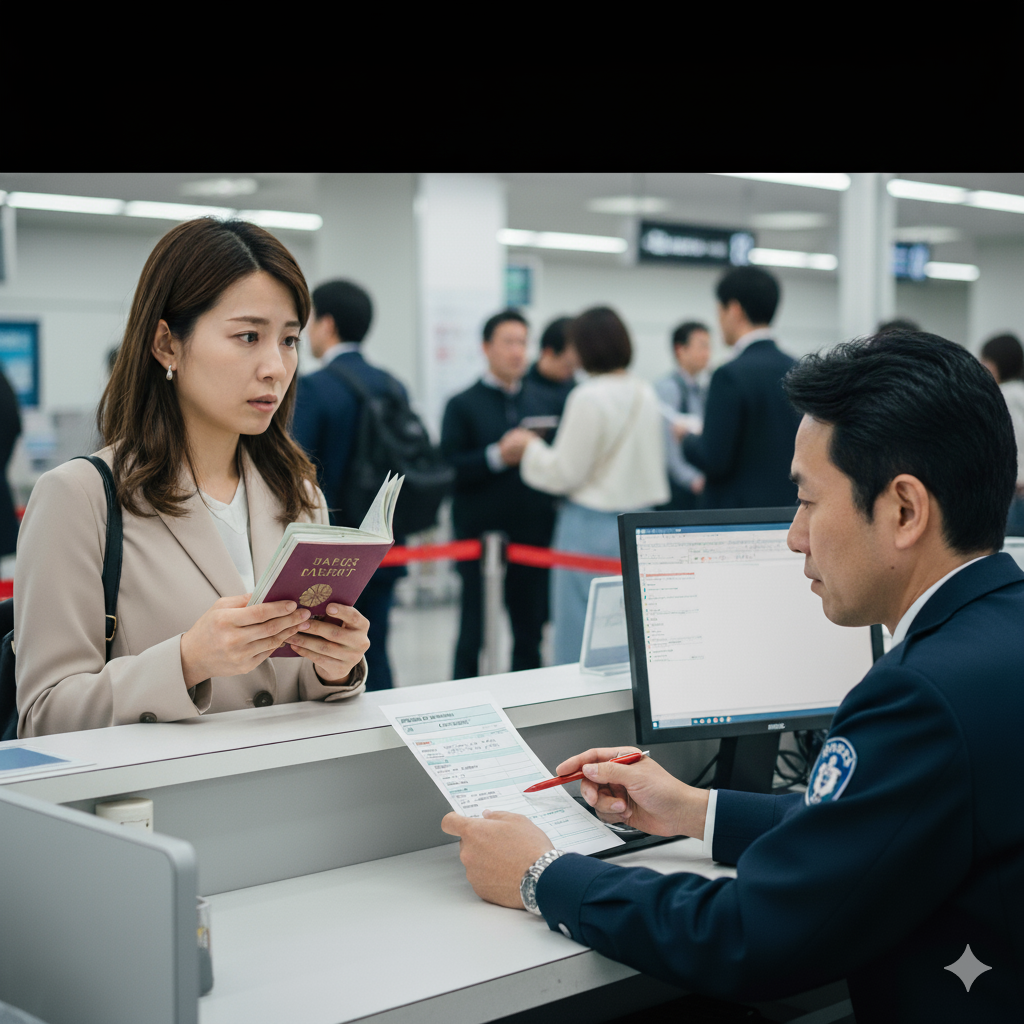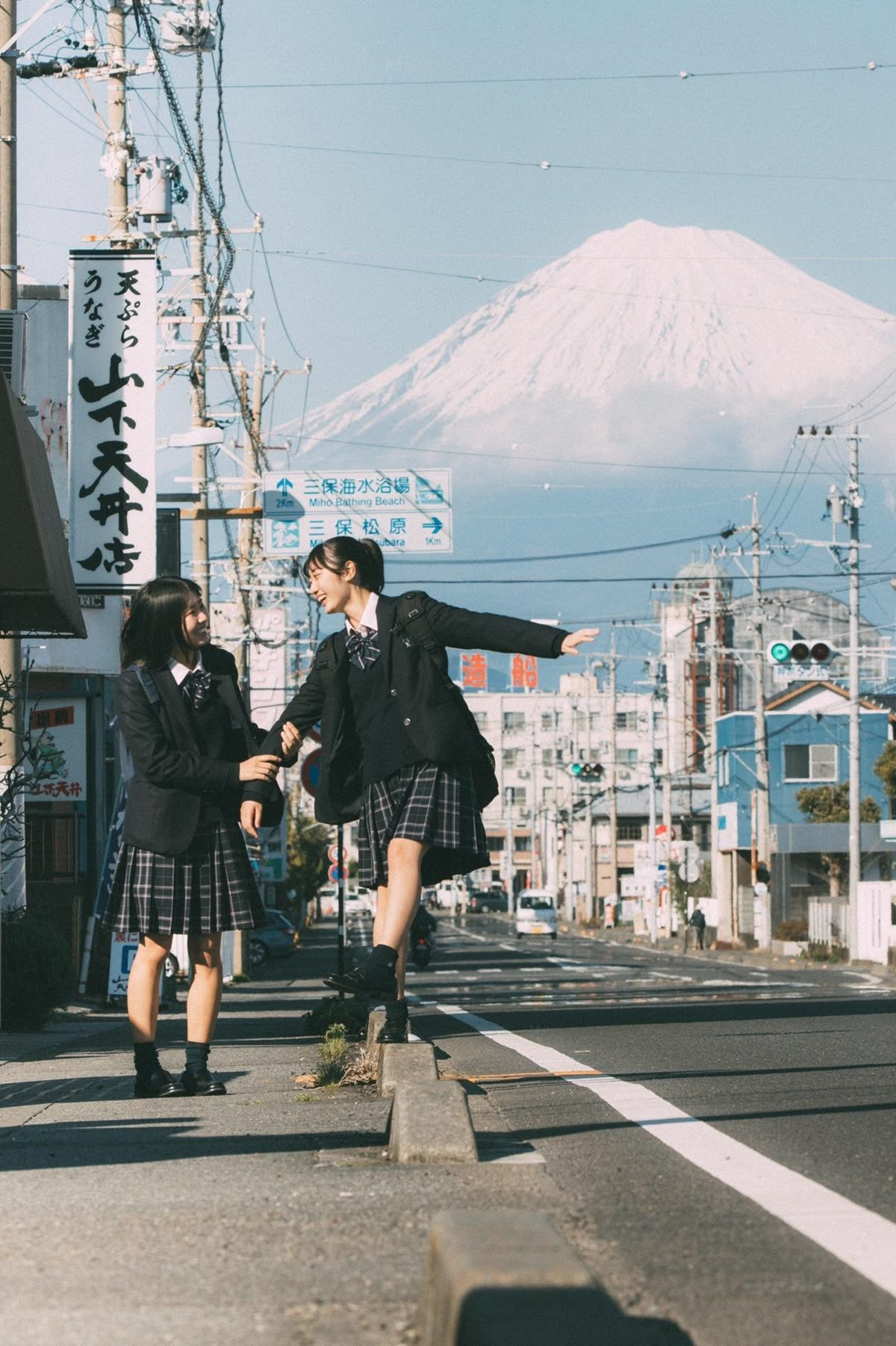Staying in Japan Over 15 Days? Why Immigration Might Ask More Questions

Japan welcomes millions of visitors every year, but anyone who has stayed for more than two weeks might notice something: the immigration officer suddenly seems a bit more curious. Questions feel longer, glances sharper, and the inspection more thorough. So why does a stay of over 15 days draw extra attention — even when you’re just a regular tourist?
The Reason Behind the Questions
Japanese immigration officers are trained to assess not only the legitimacy of your visit but also whether your stay length makes sense for your travel purpose. A short vacation of under two weeks usually raises no concerns. But once you declare that you’re staying 15 days or longer, officers may ask for more details to ensure you’re not working, overstaying, or engaging in activities outside a tourist visa.
Japan’s temporary visitor visa (or visa waiver entry) typically allows stays of up to 90 days, but authorities pay closer attention to travelers planning extended stays. This helps prevent visa misuse, such as illegal work or repeated long-term stays without proper permits.
What They Might Ask
Expect questions like:
– “Where will you be staying?”
– “Do you already have accommodation booked for your entire trip?”
– “Are you traveling alone or with someone?”
– “Do you plan to work or study while you’re here?”
In some cases, the officer may ask to see proof of accommodation, return flight tickets, or sufficient funds for your stay. None of this means you’re in trouble — it’s just a routine part of their screening.
How to Pass Smoothly
Be honest and consistent. Show that your travel plans are reasonable and supported by documents: a return flight, hotel reservations, and perhaps a basic itinerary. If your stay is longer because you’re visiting family or traveling across Japan, simply explain that clearly.
The Bottom Line
Staying in Japan for more than 15 days doesn’t violate any rule — but it does put you on immigration’s radar for a slightly more detailed check. As long as your answers are clear and your plans make sense, the process is quick and polite. Japan’s immigration officers are known for their professionalism, and with a bit of preparation, you’ll pass through with a smile and a new stamp in your passport.



